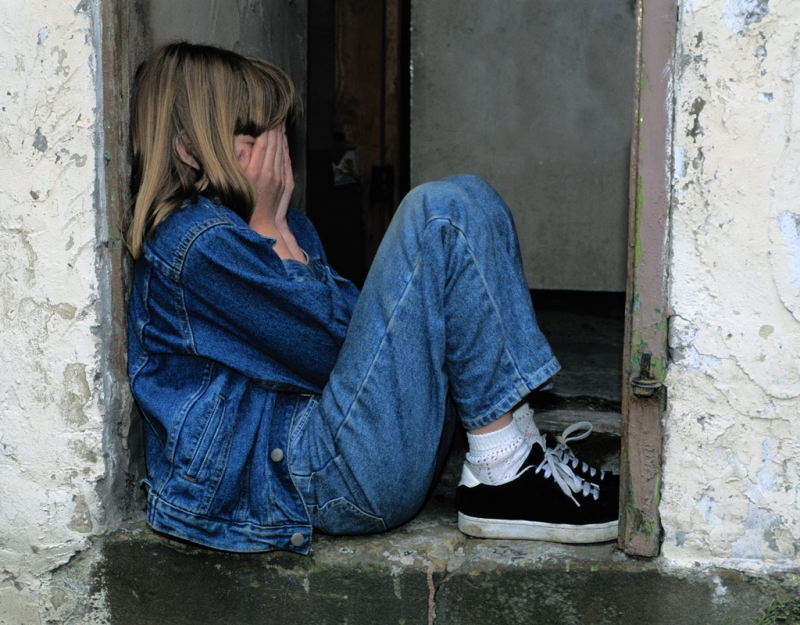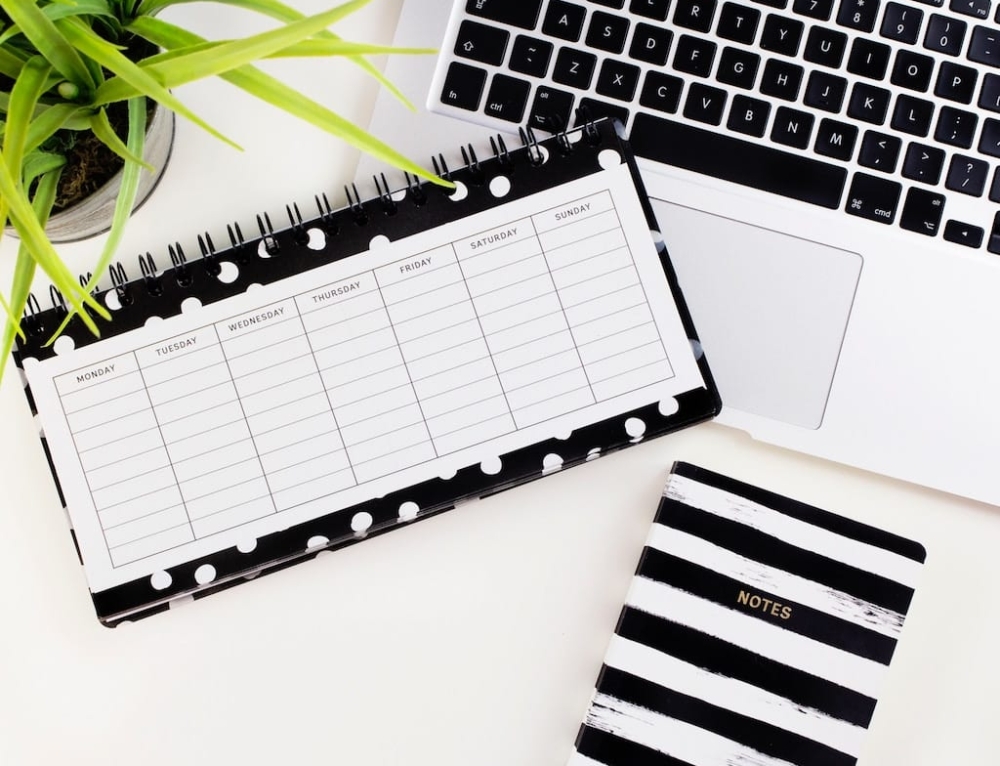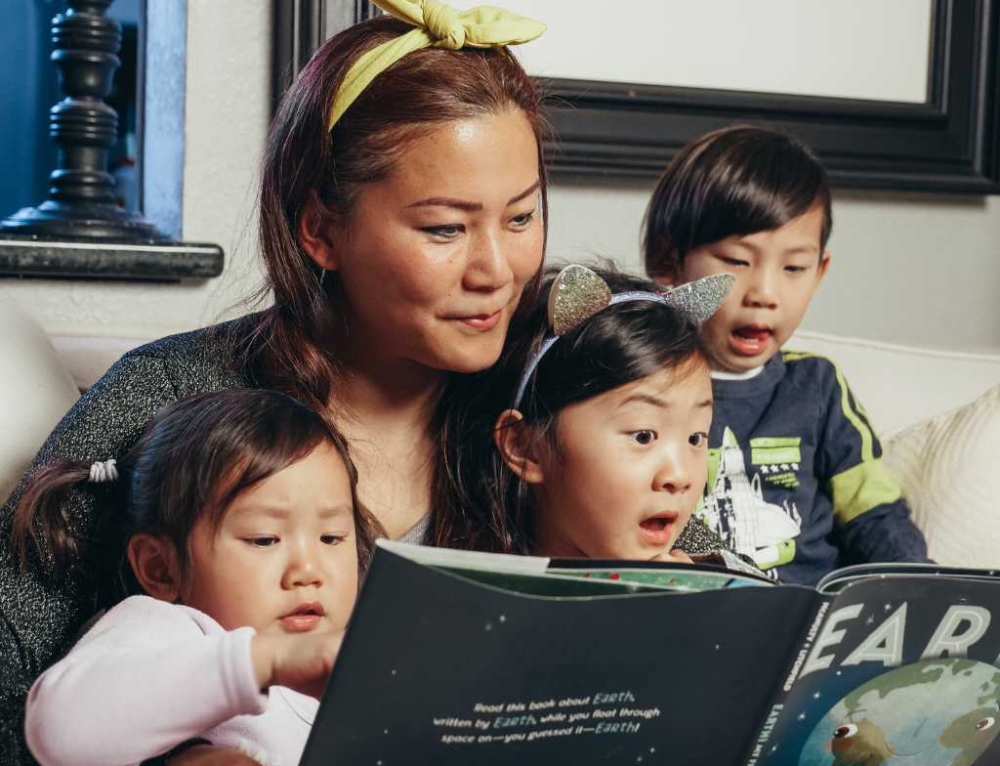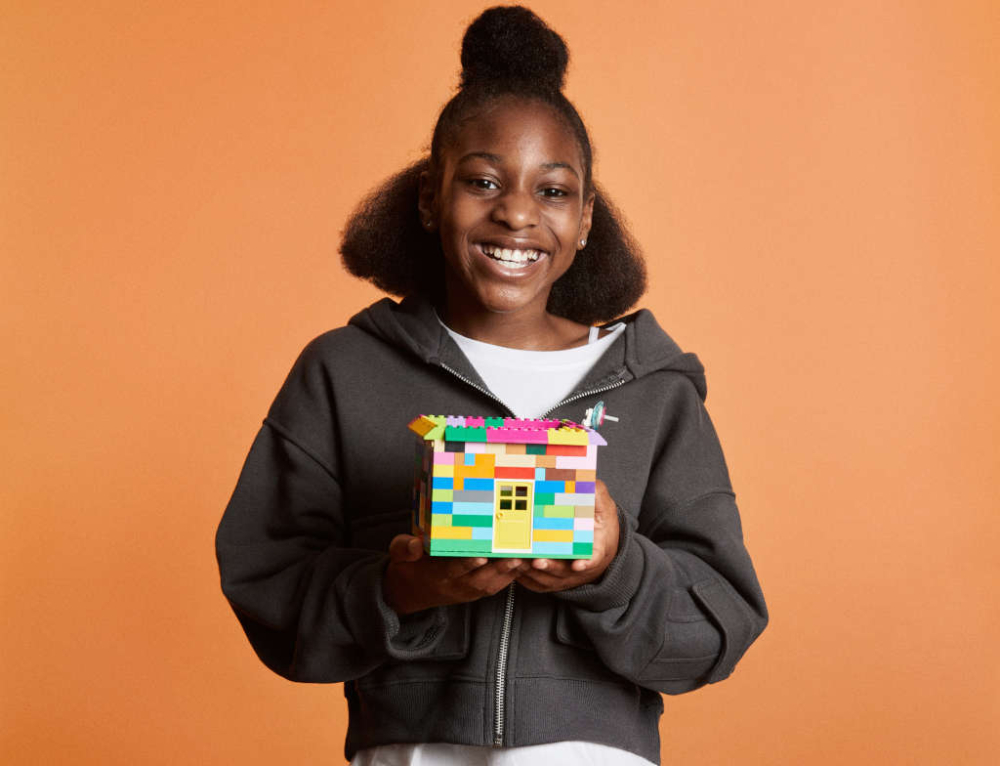Maybe you have a super-shy littlie, a worrier, or a child who is scared to try new things. Maybe your child has developed a fear of the dark or being separated from you. About 11% of children have problems coping with anxiety – compared to just 3% who suffer with depression.
Experiencing periods of fear or anxiety is quite normal for children – although it still needs to be treated with sensitivity. But if your child is excessively anxious, there are some definite steps to take.
According to Dr Carolyn Schniering, senior lecturer at Macquarie University’s Department of Psychology, anxiety problems are the most common emotional disorders experienced by children,
“Without any intervention it can cause serious difficulties and interfere in a child’s daily life and overall development,” she says, adding that problems existing when a child is younger can often get worse as they get older.
And anxiety can affect very young children – Macquarie University through its Centre for Emotional Health has treated children as young as two.
Anxious children: Who’s at risk?
Genetics certainly plays a big part in increasing the risk of anxiety in children.
Macquarie University’s research found that children, who at a young age show high levels of anxiety and who also have a parent who is anxious or depressed, are seven to 11 times more likely to develop anxiety.
Children who might be at higher risk of becoming excessively anxious are those more sensitive, shy or withdrawn kids, says Dr Schnierling. They’re more likely to be negative and will tend to avoid participating in many activities because of fear.
Understanding childhood anxiety
Dr Schniering is quick to point out that it’s normal for children to experience mild fears and these should not be mistaken for anxiety.
“As a rule of thumb, parents should be more concerned if the fears or worries become excessive and their child is unable to deal with every day life,” she says.
“But one of the main messages we like to convey to parents is that anxiety is not something to be scared of. It’s a normal emotion and an important part of how we engage with our world.”
The Centre for Emotional Health explains the different types of childhood anxiety. Many children may show several features of these following descriptions and some may also struggle with feeling sad or depressed.
Separation fears
Kids who worry that something bad will happen when separated from mum or dad. They often refuse to separate – that is, they won’t go to school, sleep over at friends’ houses, or be left at home with a sitter.
Social fears
These kids are shy or withdrawn and may worry a lot about what people think of them. They will avoid social situations and often have difficulty making friends.
Specific fears
A child may become particularly fearful of objects or situations, like dogs or water. Their fear becomes so bad that they avoid situations in which they would need to face their fears.
Generalised anxiety
These kids are excessive worriers. They worry about many different areas including schoolwork, sport, family, and anything new. They ask for reassurance and may feel sick, get headaches or have trouble sleeping.
Obsessive Compulsive Disorder
These children tend to repeat actions or thoughts over and over, usually related to some type of fear. For example they may check locks repeatedly because of a fear of being burgled.
Parents: How to be a help not a hindrance
Dr Schniering talks about how parents can have either a positive, or less than positive, impact on dealing with their child’s anxiety.
Helpful parental methods include:
Building courageous or brave behaviours
- Encourage your child to face their fears but gradually. Break it down into small steps so your child still feels in control of this situation. Repeat these steps and provide rewards for them facing their fears. “We think younger children respond very well to rewards like star charts or working towards a special item,” says Dr Schniering.
Be empathetic
- Put yourself in their shoes and try to understand their fears, or their feeling of anxiety.
Providing appropriate reactions
- Paying attention to certain behaviour increases that behaviour whereas removing that attention reduces it, says Dr Schniering. “Parents should not ignore their children but pay as little attention as possible to these fears. Deal with it calmly and don’t make a fuss. But when your child is behaving bravely, then you can make a fuss.”
Help build your child’s confidence
- Allow your child to do things for themselves. Let them make their own mistakes and don’t try to fix everything for them, and don’t try to take over. Many parents can start to anticipate their child’s anxiety and will go out of their way to avoid it. This only reinforces to the child that they cannot do anything for themselves.
Be consistent
- Agree on ways you will manage this issue and stick to it. You may be tempted to give in, and it may not be easy, but following a consistent path is important, says Dr Schniering.
Model good behaviour
- If parents can keep calm and patient, this provides good modelling for their child.
Less helpful parental methods include:
Jumping in too soon to help
- This is the most natural and common parental response when their child is distressed. But, says Dr Schniering, if parents fix always fix the problem, the anxiety will actually increase over time.
Allowing avoidance
- Every time a parent allows their child to avoid something they fear, they reinforce and validate that fear.
Becoming impatient or stressed
- Try to stay calm and not stress out your child. Give your child the time and space to work out how he can cope.
When to seek help for your child
To work out whether your child’s anxiety is normal, ask yourself the following question: Are my child’s fears stopping him from doing things he wants to be able to do or messing thing up with his friendships, preschool, school or family life?
If the answer is “Yes a great deal!” then consider seeking professional help.
Anxiety that is severe can impact on a child’s health and happiness. Some anxious children will grow out of their fears. Other children, unless they receive treatment, will continue to experience problems as a result of their anxiety.
This article was written by Fiona Baker for Kidspot, New Zealand’s best family health resource. Sources include The Centre for Emotional Health and clinical psychologist, Dr Carolyn Schniering.







Very interesting article, I’ve often wondered but always too shy to ask if my anxiety would rub off on any of my boys… I notice my eldest who is 10 seems to have similar responses to uncomfortable situations as I do but it’s hard to tell if it’s a learnt behaviour due to seeing me doing it or if it’s genuine fear for the situation and genuinely anxious. I love the idea about being brave and rewarding it… Gives the child empowerment and like article said keeps them in control at same time (I noticed whwn I was young suffering anxiety the moment it felt out of my control whatever it was I’d lose it quite easily) Will deff be having a chat to Dr about whether it’s a good idea to perhaps get eldest boy in for a chat separately from me as bit hard to tell and it’s not completely debilitating him but few warning bells there.